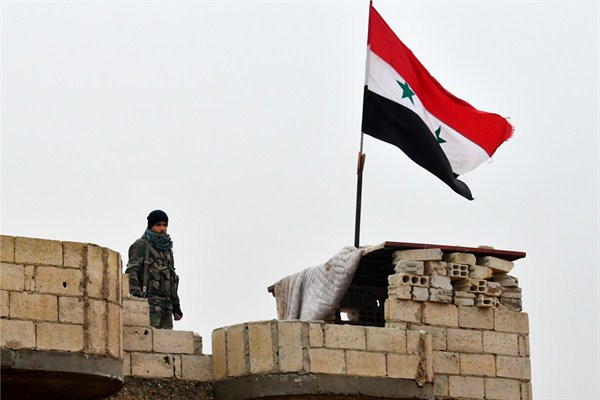Editor’s note: Editor-in-chief Judah Grunstein’s column will be back next week.
An estimated 4 million children have been born in Syria since 2011, according to UNICEF, which means that half of the children in Syria today have grown up only knowing war. “Every 8-year-old in Syria has been growing up amidst danger, destruction and death,” Henrietta Fore, the executive director of UNICEF, said after a five-day visit to the country in mid-December. Since the government first crushed a popular uprising and precipitated the civil war that still shows little sign of ending, a third of the schools in Syria have been destroyed or damaged, or they have been turned into shelters for displaced families.
It is details like this that are lost in most headlines about Syria, especially those generated by President Donald Trump’s abrupt announcement last month to withdraw American forces, which are filling the void in a third of the country. This harsh but hardly new reality is a reminder of one of the best assessments I’ve heard of Syria’s crisis—a view that is as relevant and arresting as ever even if it’s now four years old.

